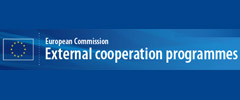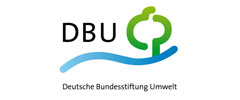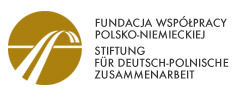European Parliament passes Westlund's report on health risks from EDCs
Report mirrors recent concerns about EDCs' health risks and calls for better legal protection in the EU until 2015
14.03.2013 |HEAL

The European Parliament has voted to adopt MEP Asa Westlund’s report on the protection of public health from endocrine disrupting chemicals (EDCs). Despite being a non-legislative report, it will be influential on the European Commission’s future work on EDC policy, states a press release by WECF partner HEAL (Health and Environment Alliance).
The vote on the report also mirrors the recent report of the World Health Organisation (WHO) and United Nations Environmental Programme report “The State of the Science on Endocrine Disrupting Chemicals 2012”. This report clearly states that the risk of disease due to EDCs may be significantly underestimated, and that an important focus should be on reducing exposures to humans and wildlife.
HEAL welcomes the Parliament’s report, and particularly the way in which it recognises that the EU must shape its chemical policies to address vulnerable groups such as children and pregnant women. “We need an EU Strategy and laws that catch up to the reality of EDC exposures that our bodies face every day. The laws should protect us before every last scientist and the chemical manufacturing industry organisations concede the relationship between our internal contamination and our expanding rates of endocrine-related diseases,” emphasises Lisette van Vliet. You can find HEAL’s full press release here.
The Parliament’s report calls for greater emphasis on the precautionary principle to work towards a reduction of human exposure to EDCs where necessary. The report calls for an overhaul of legislation until 2015 to properly deal with EDCs. As the Parliament’s strongest expression on the pressing topic of EDCs since quite a while, the report makes a good read and can be found here (version prior to the voting in Parliament).
A number of EU member states have already legislated on EDCs on the basis of existing science to protect public health. France and Denmark have already started banning chemicals. However, comprehensive and tight EU legislation is still missing, with REACH only listing 138 out of 626 toxic chemicals.
Related News
Meet the Winners of the Gender Just Climate Solutions Award at COP24
On the 70th anniversary of the Universal Declaration of Human Rights, we awarded Gender Just Climate Solutions Winners at the climate negotiations in Katowice, Poland
11.12.2018
Invitation: Gender Just Climate Solutions Award 2018
10 December, COP24 Katowice
04.12.2018
Getting to the Future We Want
4-7 November, Brussels: European Environmental Bureau’s (EEB) Annual Conference
12.11.2018
GoodFood4All
WECF and partners all over Europe start GoodFood4All Campaign
06.11.2018
#Ruralwomen: join our Women2030 campaign!
15.10.2018







































